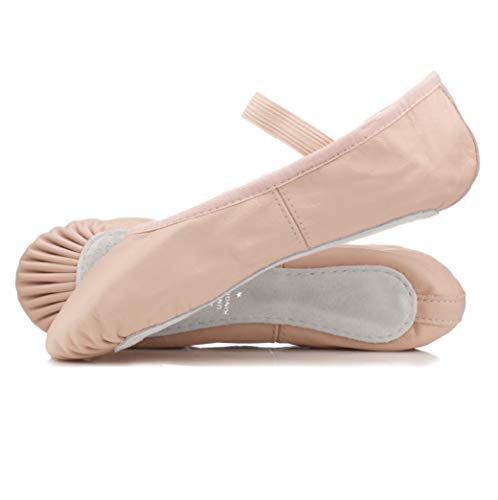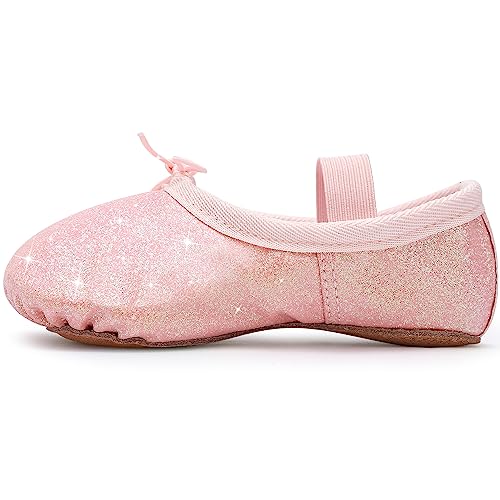Understanding the lifespan of ballet shoes
If you’re a ballet dancer, you know how vital ballet shoes are to your performance. They are like your second skin- a perfect fit is necessary to execute complex moves. But like any other piece of clothing or footwear, ballet shoes have a limited lifespan. It is essential to understand when to replace your ballet shoes, keeping in mind factors that affect their durability.
The factors that affect the lifespan of ballet shoes
The lifespan of ballet shoes is influenced by various factors. The frequency of usage, the intensity of use, the type of flooring, and the dancer’s weight all determine how long the ballet shoes will last. In general, ballet shoes last anywhere between three to six months. However, this can vary depending on the factors mentioned above. For example, if you use the shoes heavily, such as practicing for long hours daily or using them for performances, they may wear out faster.
Signs that indicate you need to replace your ballet shoes
It may not always be evident when your ballet shoes need to be replaced. However, there are some signs that you can look out for that indicate that it’s time for a new pair. If the shoes start to feel loose and less supportive and the padding has worn down significantly, it may be time to invest in a new pair. Additionally, if you notice any holes or tears in the shoes, it’s time to let them go.
Why it’s essential to replace ballet shoes regularly
Replacing ballet shoes at the right time is not only important for your performance but also for your feet’ health. As the shoes start to wear out, they lose their supportive qualities, which can lead to injury if ignored. Also, worn-out shoes can cause blisters and sores, affecting your ability to train and perform. Additionally, investing in a quality pair of ballet shoes can make a significant difference in your dance experience, so it’s worth replacing them regularly.
How to extend the lifespan of your ballet shoes
While ballet shoes do have a limited lifespan, you can take steps to extend their durability. Avoid wearing them outside of the dance studio to prevent them from collecting dirt and debris. Also, ensure that your feet are clean and dry before putting them on. Additionally, it’s crucial to air them out regularly to prevent bacteria and odor buildup. Lastly, investing in a high-quality pair can make all the difference in the lifespan and effectiveness of your ballet shoes.






